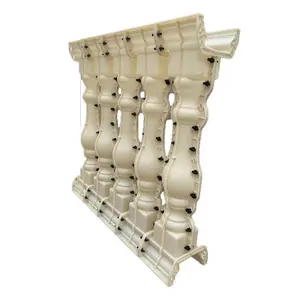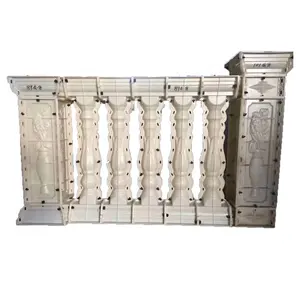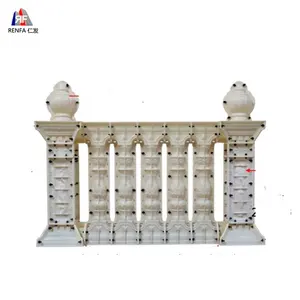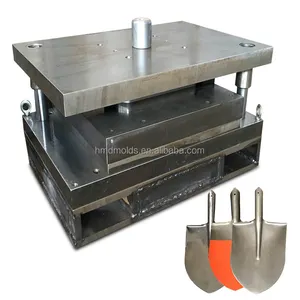Popular in your industry













































Top categories
About mechanical assembly
When assembling complex mechanical components, mechanical assemblies are indispensable. They are integrated systems of individual components or sub-assemblies designed to perform specific functions. Mechanical assemblies are typically found in various applications, from automotive and aerospace to industrial machinery and consumer electronics. They play a crucial role in ensuring the proper operation and efficiency of complex mechanical systems. A mechanical assembly can range in complexity, from a simple arrangement of gears to a sophisticated system combining multiple components and technologies. Each mechanical assembly is tailored to meet specific performance requirements, making them versatile and essential across industries.
Types of mechanical assemblies
In the realm of mechanical engineering, mechanical assemblies are the cornerstone of various systems, each tailored to meet specific requirements. Electro-mechanical assemblies integrate electrical and mechanical components to create a cohesive system. Examples include electric motors, solenoids, and actuators, where the combination of electrical and mechanical elements enables precise control and operation. In the automotive industry, engines are a prime example of mechanical assemblies, incorporating various components such as pistons, crankshafts, and valves to generate power. In consumer electronics, the integration of gears and shafts in a compact space allows for the precise movement of components in devices like cameras and printers. Furthermore, industrial machinery utilizes complex opto-mechanical assemblies in laser-cutting systems, semiconductor manufacturing, and precision measurement tools, where the alignment of optical and mechanical components is critical. The diversity of mechanical assemblies underscores their importance in diverse fields, from automotive and aerospace to electronics and manufacturing.
Applications of mechanical assemblies
Mechanical assemblies find applications across various industries. In the automotive sector, they are integral to the functioning of vehicles, from engines and transmissions to steering and suspension systems. The aerospace industry relies on electrical mechanical assemblers for aircraft components, landing gear systems, and flight control mechanisms. In the realm of consumer electronics, mechanical assys are crucial in the precise movement of components in devices like cameras and printers. The industrial sector utilizes mechanical assemblies in machinery and equipment, ensuring efficient and accurate operations. Medical devices, such as imaging systems and surgical instruments, incorporate mechanical assemblies for reliability and precision. The defense industry employs mechanical assemblies in military vehicles, weapons systems, and communication equipment. Research and scientific instruments, including telescopes and laboratory equipment, rely on opto-mechanical assemblies for accurate data collection and analysis. These diverse applications highlight the pervasive role of mechanical assemblies in modern technology and industry.
Advantages of mechanical assemblies
The integration of components in a mechanical assembly offers several advantages. They provide enhanced performance by optimizing the interaction between parts, ensuring efficient operation. The modular nature of mechanical assemblies simplifies maintenance and repair, as individual components can be easily accessed and replaced. Standardization in assembly design facilitates scalability and interchangeability, allowing for cost-effective production and assembly line efficiency. Additionally, the customization of mechanical assembly to specific requirements enhances functionality and adaptability. The encapsulation of multiple components in a single unit reduces the risk of part loss and streamlines the assembly process. Improved precision and tolerances in mechanical assemblies contribute to consistent and reliable performance. Furthermore, advancements in materials and manufacturing technologies continue to enhance the strength, durability, and longevity of mechanical assemblies. The versatility, reliability, and efficiency of mechanical assemblies make them indispensable in various industries.
























